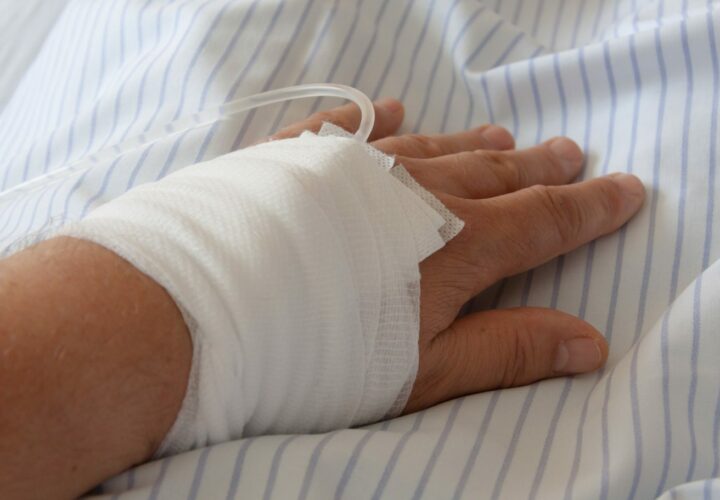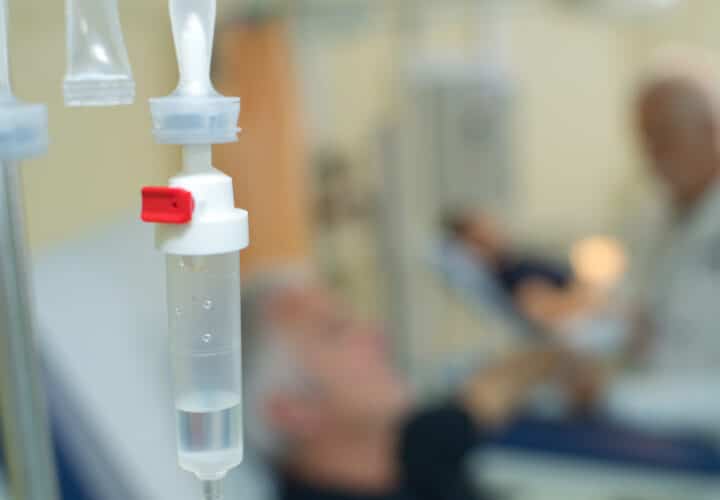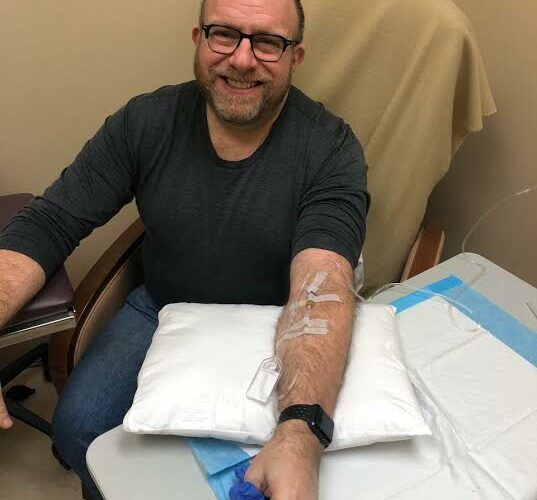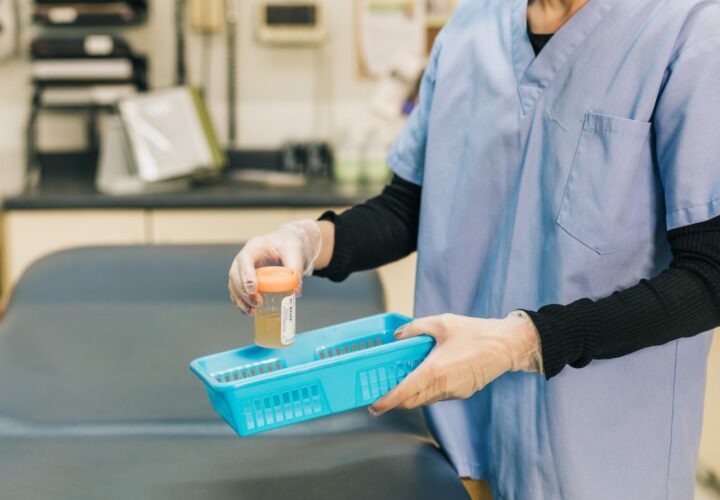Taking the next step in its effort to resurrect its experimental Alzheimer’s drug, Biogen yesterday held a webinar for doctors and other researchers who participated in its past trials of aducanumab.
The company reviewed its preliminary data with the researchers and said it would seek to allow “re-dosing of people in prior trials” as early as March 2020.
Dr. David Wolk, the co-director of the Memory Center at the University of Pennsylvania who participated in the Biogen webinar, said that some of the data the company provided was supportive but other information left questions in his mind.
“They have a lot of analysis still left to do,” Wolk said in an e-mail. Biogen said it will present further details on its new data at the Clinical Trials on Alzheimer’s Disease meeting in San Diego in December.
On Monday, Biogen made a stunning announcement, saying that it would be seeking approval from the Food and Drug Administration (FDA) for aducanumab, which aims to remove beta-amyloid plaques from the brain.
In March, Biogen abruptly cancelled two phase 3 trials of aducanumab in March, saying the drug had failed a “futility analysis.” It was a seemingly dismal end for a drug that had held such promise, and its failure devastated the thousands of trial participants and their families who believed aducanumab was slowing their loved ones’ cognitive decline.
On Monday, Biogen completely reversed itself and said that further data analysis showed that patients who received aducanumab “experienced significant benefits” in memory and general cognition.
“Patients also experienced benefits on activities of daily living including conducting personal finances, performing household chores such as cleaning, shopping and doing laundry and independently traveling out of the home,” the company said.
Aducanumab targets the build-up of amyloid in the brain, which has long been suspected as a main driver behind Alzheimer’s. If approved by the FDA, aducanumab would be the first drug to demonstrate that removing amyloid from the brain is effective in fighting Alzheimer’s.
Biogen said that trial participants who received high doses of aducanumab had the best response to the drug. In an article on the Biogen announcement, The New York Times explained that Biogen was conducting two simultaneous trials of aducanumab.
One of the trials was changed midway to allow one group of patients a higher dose of the drug. In March, the Times explained, the higher dose had brought no clinical benefit. But as more data came in, Biogen officials said the picture changed and it saw significant benefits.
The new analysis left some researchers unpersuaded. Other Alzheimer’s leaders said they were encouraged by the company’s announcement and urged researchers to continue to pursue every possible avenue in a search for treatment or a cure.
“No stone can be left unturned,” Harry Johns, president of the Alzheimer’s Association, said in a message sent to the association’s local leaders.
“We must advance all potential treatment avenues and also explore methods for combining these approaches,” Johns continued. “Alzheimer’s and other dementias are complex and their effective treatment and prevention will also be a complex but achievable task.”






Will patients that were not in the study with Biogen be able to receive this Alzheimer’s medication soon??
Biogen should be firm in it’s opinions about their new drug Aducanumab. They can not change their opinion about the drug every now and then. Why announce one opinion about the drug when you are going to change that the very next day ?